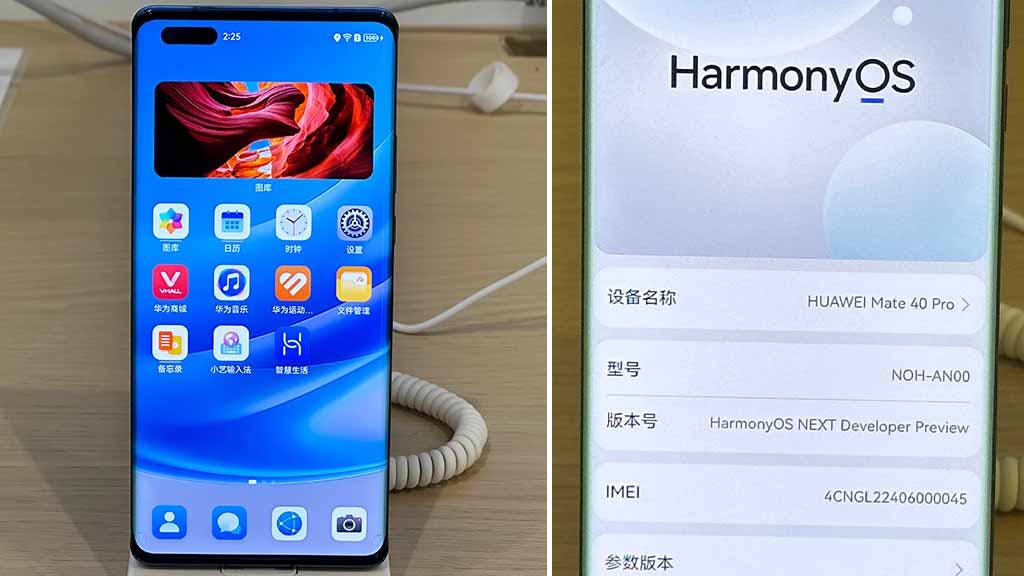395 reads
Huawei’s HarmonyOS: Navigating the Landscape of China’s Desire for Digital Sovereignty
by
November 7th, 2024
Audio Presented by

Hugh writes about cyberspace, digital currencies, economics, foreign affairs, and emerging technologies.
About Author
Hugh writes about cyberspace, digital currencies, economics, foreign affairs, and emerging technologies.
Comments
TOPICS
Related Stories
5 Realities of Tech in China
May 29, 2018
7 Useful Apps You Can Use in China
Dec 08, 2019
